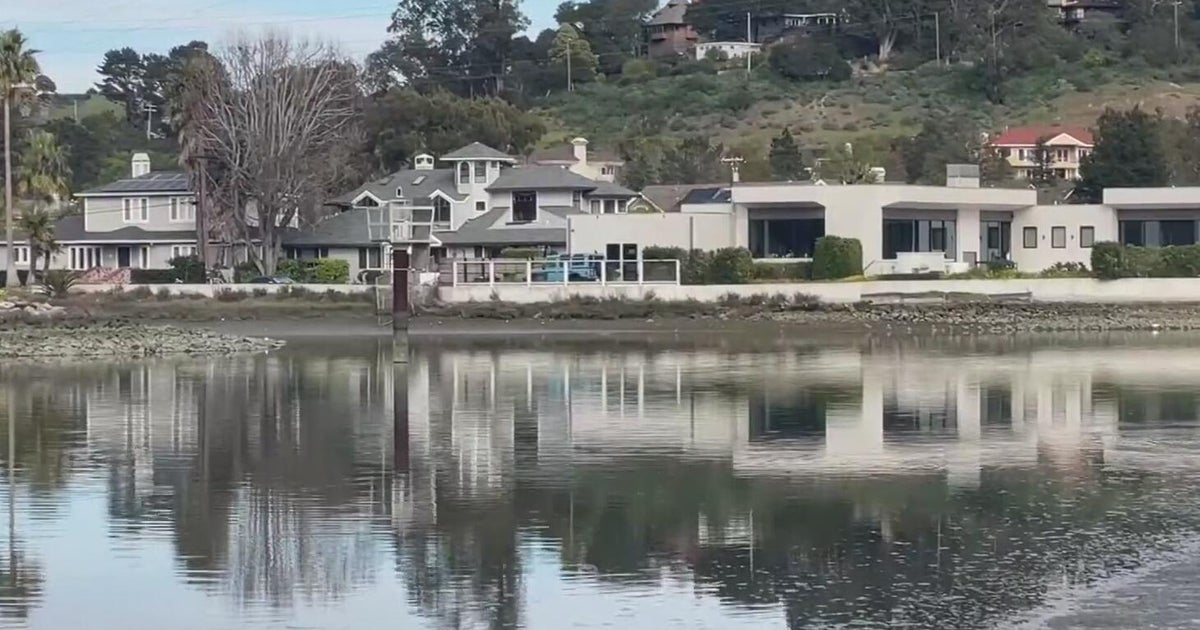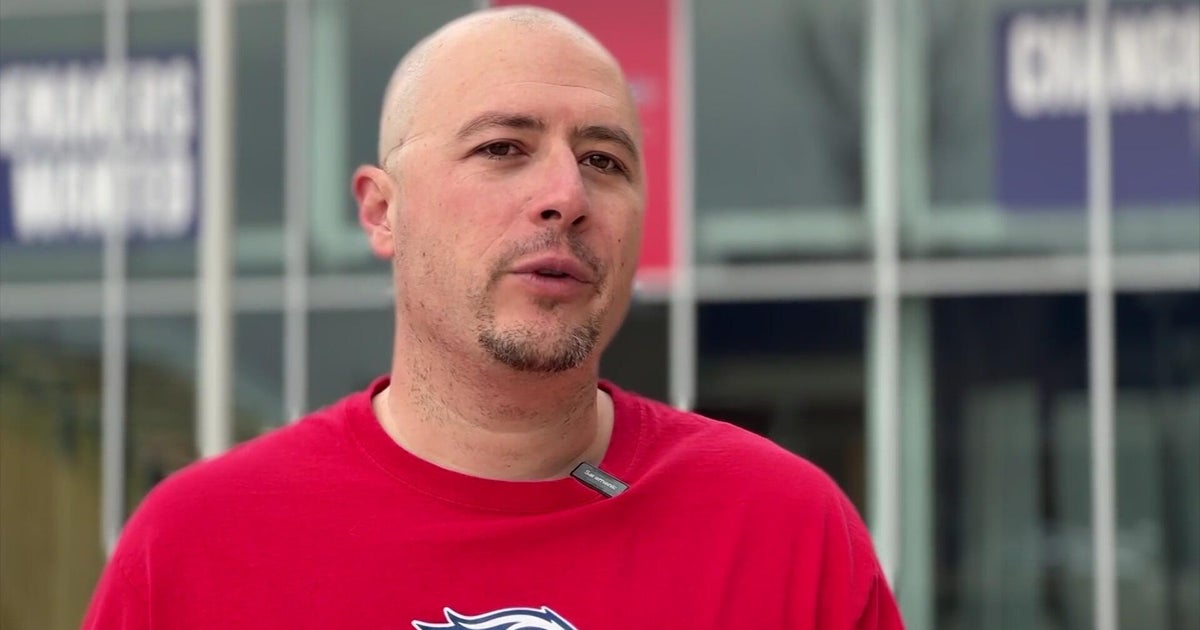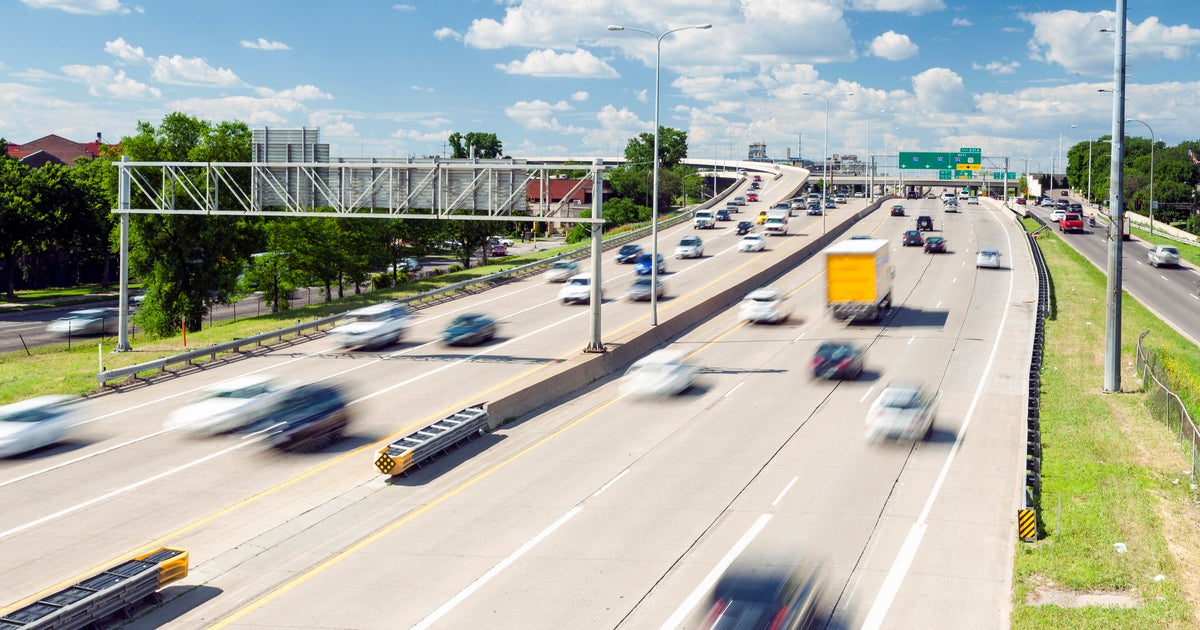Sandbagging Costs Soar In Moorhead
MOORHEAD, Minn. (AP) -- The bill for fighting the spring flood in Moorhead is coming due, and it's heading north of a budget-busting $2.5 million.
The Forum of Fargo-Moorhead reports that about $409,000 of the bill went to pay labor to fill sandbags. That's well over twice the $166,000 the city staff had estimated it would cost.
Mayor Mark Voxland and other City Council members said they are optimistic that federal and state tax money will cover Moorhead's flood bill, but don't want to count on such help every year.
Something has to change, they said, and Voxland said he hoped it will be the backyards of the 300 homes in the city that still require sandbag dikes for flood protection.
He said one way might be for the city to finance building permanent dikes on private property paid for by city bonds. Homeowners could pay off the debt over several years through special assessments, he said.
"I think the real goal is for the city to get out of making sandbags by next year," he said.
Using paid labor to fill sandbags instead of volunteers was a departure from past years, Voxland said, but it was necessary.
"It was exactly what needed to be done, given how we changed how we made sandbags," he said, referring to two large "spider" machines the city used for sandbag production.
The mayor said that during the flood of 2009, which brought a record crest of 40.84 feet, filling sandbags appeared to be the choke point of the dike-building process.
"Whether you made `em (sandbags) at Sandbag Central, whether you made `em on the curb, that seemed to be the slowdown," Voxland said.
Even so, Moorhead officials stressed they were grateful for the volunteers' work this year. City records show 2,000 people stack sandbags onto pallets and more than 1,400 helped build sandbag dikes.
The north-flowing Red River crested in Fargo, N.D., and neighboring Moorhead earlier this month at 38.75 feet, the fourth-highest flood on record, but the levees held and prevented significant damage.
City Council Member Mark Altenburg said given the number of sandbags thought necessary for a worst-case scenario, he understands why workers were hired to fill bags this year.
However, in the future, Altenburg said he would like to see volunteers play a greater role.
"I had a lot of complaints from people that wanted to be more involved. I think as we look forward, we need to find ways to get volunteers and groups on those machines," Altenburg said.
(© Copyright 2011 The Associated Press. All Rights Reserved. This material may not be published, broadcast, rewritten or redistributed.)







